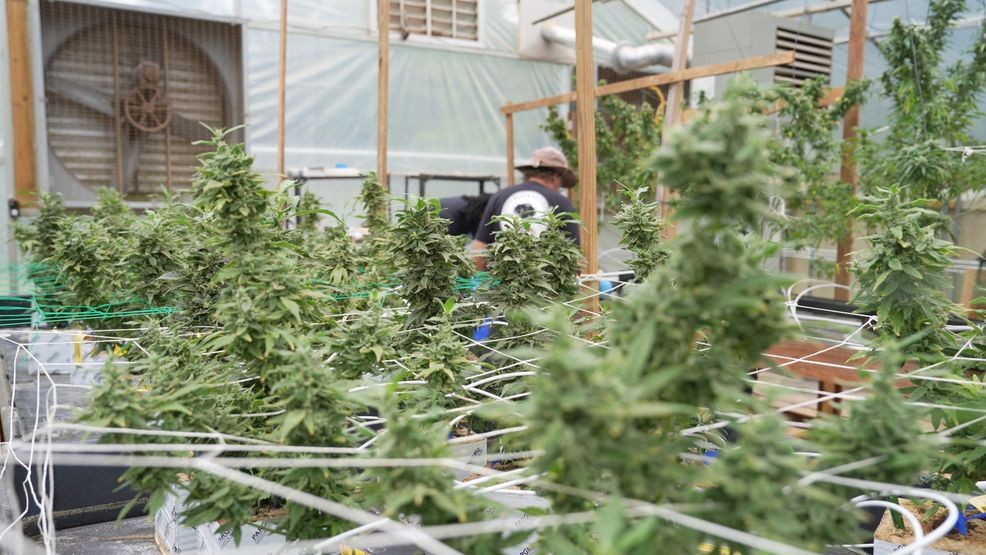It’s been a long four years of waiting since Governor Ivey signed legislation opening the door for medical cannabis in the state. But today patients, doctors and medical marijuana businesses in Alabama are still hoping to get the green light as lawsuits delay the process.
Like many others advocate Amanda Taylor who suffers from Multiple Sclerosis (MS) has seen how medical marijuana can ease pain and suffering. She says it does not have the side effects that she sees with other prescription drugs.
“There’s not a day goes by that I don’t have someone crying out to me. I hear from mothers who have done the research, who I know are slipping out of state and putting themselves in danger,” explains Taylor.
Taylor places the blame on Montgomery Judge James Anderson who’s hearing a long list of civil lawsuits from companies that didn’t get licenses.
Taylor filed to intervene on behalf of patients. “I have never been so disrespected and persecuted. Judge Anderson mocked me and said I was wasting the court’s time. The only people making money are the attorneys,” said Taylor.
Antoine Mordican holds a grower’s license in Birmingham and operates a 3,000 foot facility. “It’s been an emotional rollercoaster,” remarked Mordican. And it’s costing him. He’s still working his day job to make ends meet. “I’m still in engineering to keep the lights on. I haven’t been able to generate any revenue,” explained Mordican, CEO of Native Black Enterprise. He acknowledges no state has had a flawless rollout, but hopes to be in business by this fall.
In Cullman Joey Robertson, Managing Partner at Wagon Trail Hemp Farms, has an integrated license and faces the same challenges. “The sick and suffering deserve better,” says Robertson who tells us he is past ready to switch his facility from hemp production to medical marijuana.
“I will change the temperatures two degrees, nothing else, and I will be able to directly extract medical cannabis the way we did hemp,” explains Robertson. He too is frustrated by the court battles.
“This has become a greed over need. The people who want a license will continue to sue until they get what they want,” said Robertson.
But the head of Alabama’s Cannabis Commission, John McMillan, says recent appeals court rulings have been encouraging. “There’s a whole slew of things we have ready to go if we can get the litigation behind us,” McMillan told us. He says there is still no firm start date. “That’s the number one question we get. I wish I could give concrete answer,” said McMillan.
The integrated license division which is limited to five has been the biggest point of contention with 38 applicants. “Probably 12 or 14 could do the job. The longer this drags on the more difficult it is to have successful program,” remarked McMillan.
And as delays drag on, some families are making tough choices. Taylor says she considers leaving Alabama but says “God sent me back here to fight. If this was them, their children, their daughter, or wives would they be doing this? Allowing the almighty dollar to be put above patients?”
Some may ask why not just give out more licenses to settle court challenges? Experts say you don’t want to risk-over production which pushes profits so low, quality suffers. They cite Mississippi and Oklahoma as states struggling with that.
It’s been a long four years of waiting since Governor Ivey signed legislation opening the door for medical cannabis in the state. But today patients, doctors an Read More


